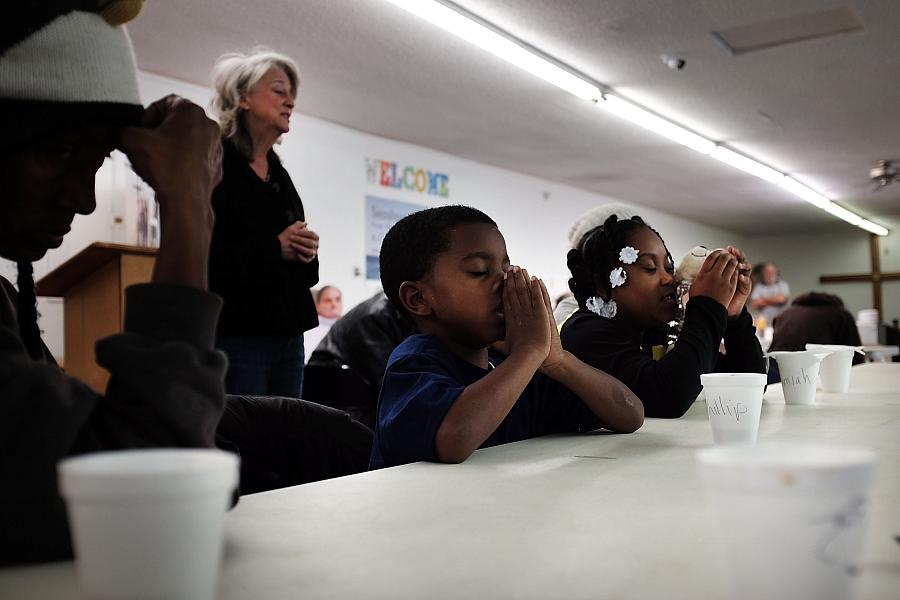New research points to power of economy in shaping children’s mental health

Its news to no one that the Great Recession caused tremendous suffering and mental anguish among families struggling to pay their bills, keep their jobs or find new ones. Less noted, however, has been what such a massive economic collapse has meant for the mental health of children. Did kids growing up over the past decade see their mental health measurably worsen, or were parents largely able to buffer their kids from the stresses of a tanking economy?
New evidence comes in the form of a working paper from the National Bureau of Economic Research, which suggests the Great Recession had dire consequences for children. “[C]hildren’s mental health outcomes worsen as the economy weakens,” write the trio of health policy researchers from Vanderbilt University, Dartmouth University and the University of Minnesota.
For the study, the researchers looked at mental health data from the 2001-2013 National Health Interview Survey for children ages 4 to 17, and then compared this data to two state-level economic indicators: unemployment rates and the Freddie Mac Housing Price Index. They conclude the historic downturn had a pronounced effect on children’s mental health:
[O]ur results imply that during the Great Recession, when unemployment rates rose 5 percentage points, the probability of clinically meaningful child mental health problems increased by 35 to 50 percent. Consistent with the rise in mental health problems during recessions, the likelihood of using special education and early intervention services increases by 3.8 to 4.2 percent for each percentage point rise in unemployment rates, underscoring that changes in child mental health during recessions are important not just within a child’s family, but also for the school districts serving them.
Such economic dips in turn place huge strains on mental health services and the education system: The authors estimate that an increase of one standard deviation — a measure of spread around the average — in the unemployment rate translates into another 80,000 children in special education in the U.S.
This evidence on the impact of recessions on the mental health of children is new, but it fits well with what we already know about adults. Previous research has laid out the ways in which a bad economy is corrosive to mental health. A 2014 study even found that rising foreclosure rates were tied to upticks in adult suicides.
But unlike adults, children are not directly involved in the labor market, and this new research reports rising problems even in families where no one lost their job. So why are kids so sensitive to the economy?
Notably, the researchers don’t think it’s unemployment itself that’s primarily responsible for worsening mental health in recessions. Instead, they think stress and money problems are the likely culprits:
Rather, we hypothesize that other mechanisms like reduced family income and increased levels of family stress associated with recessions are likely to influence child mental health.
Recessions eventually wind down, but the downstream effects on kids can play out over decades. Earlier studies have found that mental health problems play an even bigger role than physical ailments in shaping academic success and need for special education. Such mental problems also make it more likely kids will later drop out, struggle with addiction and endure their own employment struggles. Today’s economic victims in turn have a feedback effect on tomorrow’s economy. When the cost of mental health services is combined with the cost of lost productivity and crime, mental health problems end up costing an estimated $247 billion a year for the 0-to-24 age bracket, according to the National Research Council and Institute of Medicine.
One of the cruel ironies of recessions is that they simultaneously create new problems for families while undermining the funding for services to combat them. In California, it costs on average more than $22,000 a year to educate a child with special needs. As recessions drag on, persuading governments to spend more on school services and mental health can seem like a tough political hill to climb.
As this latest study suggests, recessions deliver a harder punch than we realized on kids’ well being. It’s news worth remembering next time the markets lose their footing and austerity reigns.
**

